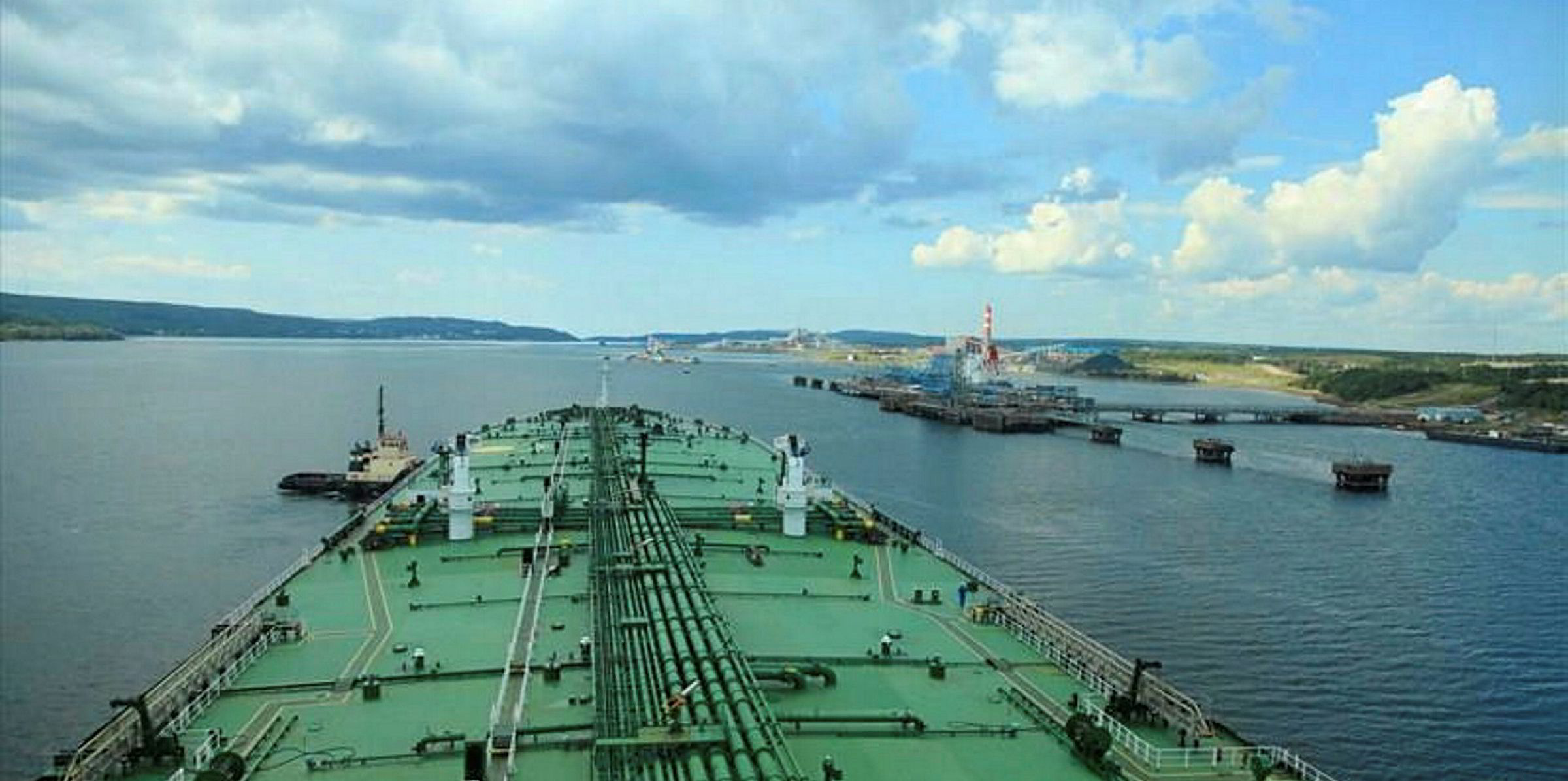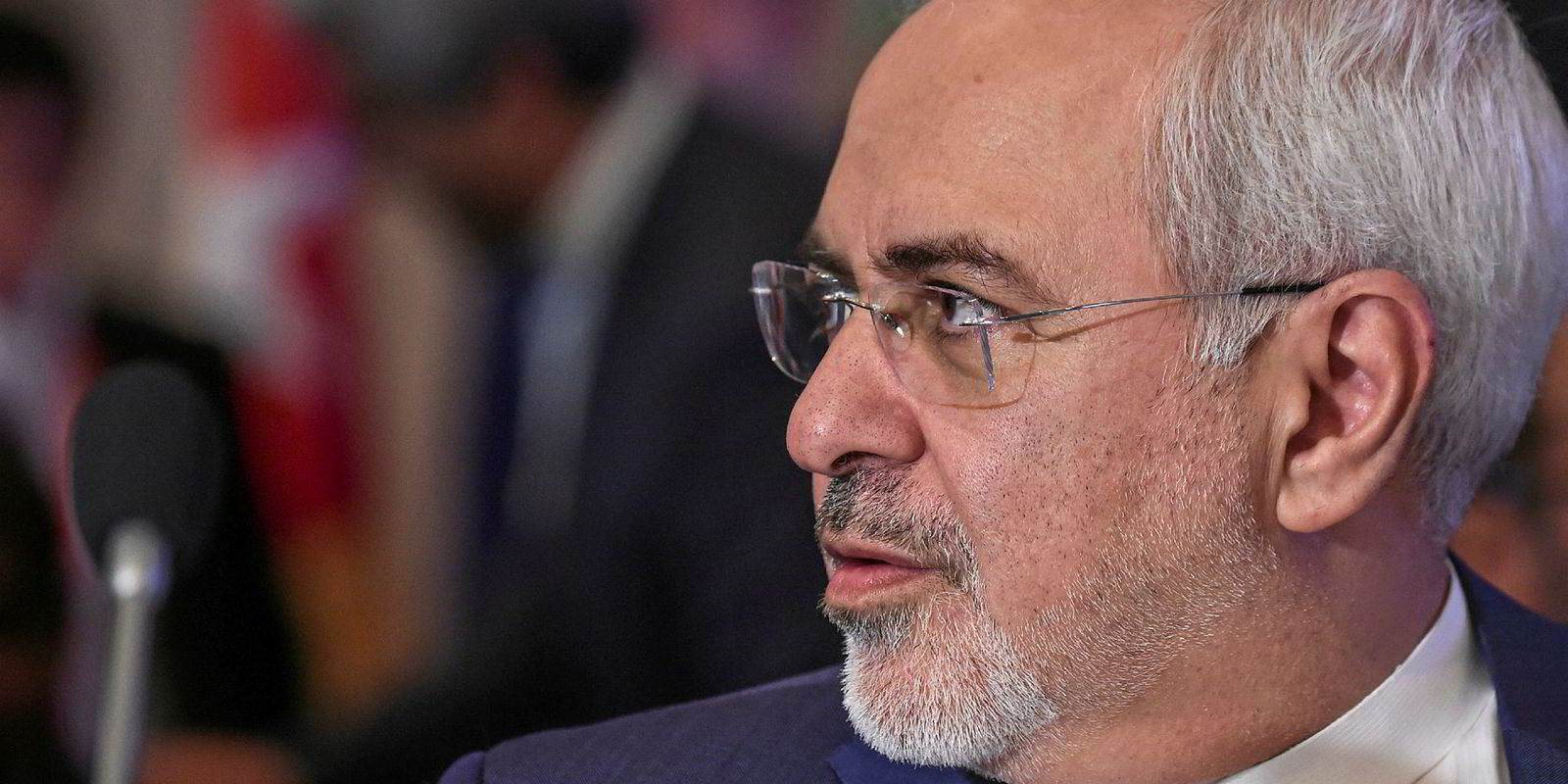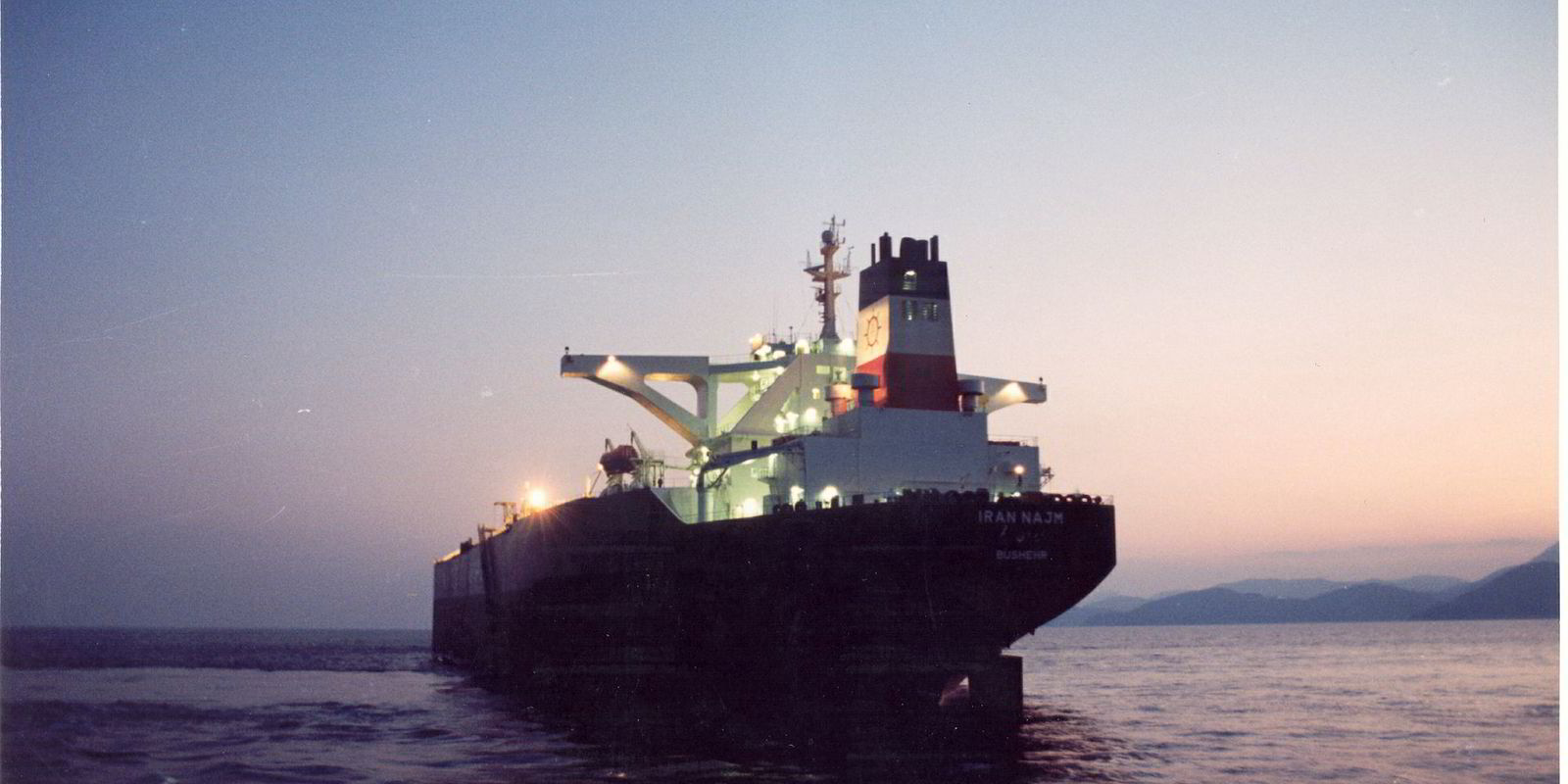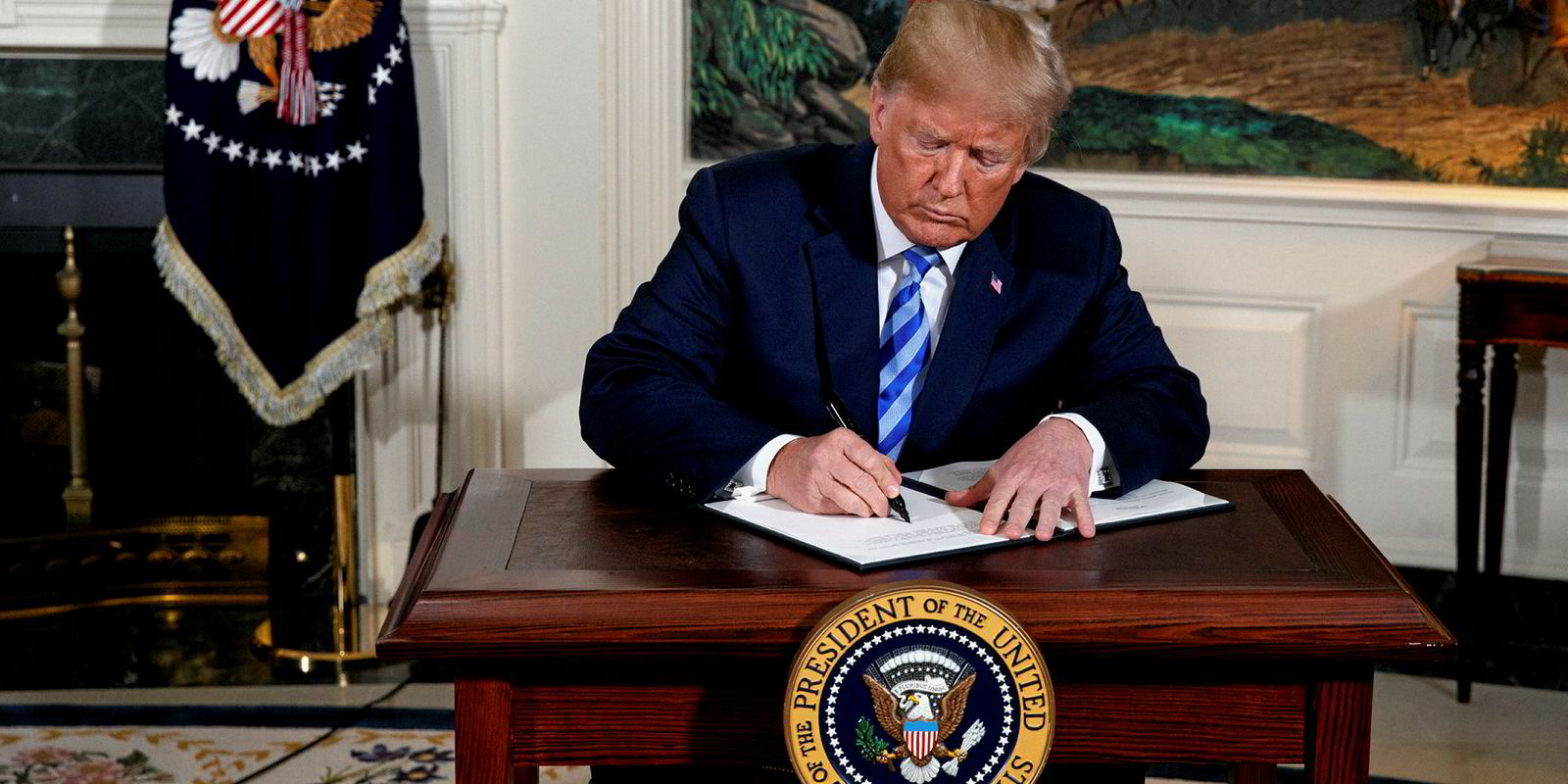Several ship-to-ship (STS) transfers involving LPG and crude originating from Iran have been witnessed since the latest US sanctions against the Islamic republic came into force in November.
With most shipowners and brokers turning away from Iranian cargoes, the opaque operations have been generally carried out by veteran VLCCs and VLGCs in South East Asia, most of them owned by Iranian or Chinese entities.
Data from Kpler, a Paris-based cargo tracking firm, shows the 299,500-dwt Dover (built 2003) discharged two million barrels of South Pars condensate onto the 311,200-dwt CCPC Vanguard (built 1998) off Batu Pahat, Malaysia, on 9 November.
Similarly, the 299,400-dwt Hedy (built 2002) transferred two million barrels of Iranian crude onto the 309,400-dwt Tian Ying Zuo (built 2001) in the same location on 20 November.
No comment from owner
The Dover and Hedy are owned by National Iranian Tanker Co, which declined to comment on its day-to-day operations as a company policy.
According to Clarksons, the CCPC Vanguard and Tian Ying Zuo belong to Kunlun Shipping. The shipowner shares the same name with some subsidiaries of China National Petroleum Corp (CNPC), but its link to the Chinese state energy giant cannot be confirmed.
Two Kunlun officials declined to comment.
Kunlun acquired the CCPC Vanguard as the Front Century from Ship Finance International in 2016 before converting it to a floating, production and storage unit that can process condensate. It bought the Alter Ego I earlier this quarter from NGM Energy before renaming it Tian Ying Zuo.
On the LPG side, the 80,550-cbm Gas Courage (built 2003) loaded from the Iranian port of Asaluyeh on 30 September. It floated off Singapore from 19 October to 4 December before discharging the cargo to the 75,353-cbm Gas Jenny (built 1991), according to Kpler.
Gas transfers
The 78,432-cbm Gas Commerce (built 1999) was also assumed by Kpler to have transferred Iranian LPG to the 78,543-cbm Gas Komodo (built 1991) at Khor Fakkan Anchorage between 29 November and 2 December.
Clarksons data shows the Gas Courage and the Gas Commerce are owned by China Peace, linked to China Peace Petroleum Group (CPPG), which is a joint venture between CNPC and China Peace International Trade Corp.
The Gas Jenny is in the fleet list of Pacific Gas, according to the Shandong Shipping-backed company’s website. The Gas Komodo is listed in Buana Listya Tama’s fleet, according to the Indonesian firm’s website.
Emails seeking comment from CPPG and Pacific Gas went unanswered, and a Pacific Gas management official could not be reached by phone.
The efforts to conceal the origin of Iranian cargoes have been strengthened since the US sanctions were imposed. Such [STS] manoeuvres are frequently utilised to hide the true origin of the cargo and to declare the reload point as its source
“The efforts to conceal the origin of Iranian cargoes have been strengthened since the US sanctions were imposed,” Kpler analysts told TradeWinds. “Such [STS] manoeuvres are frequently utilised to hide the true origin of the cargo and to declare the reload point as its source.”
AIS switched off
The vessels involved in those STS transfers often turn off their AIS, but Kpler said it has been able to identify their operations via commercial satellite images.
When international sanctions on Iranian energy exports were in place from 2012 to 2015, Iran often sought to sell its oil via STS transfers to keep its transactions under the radar.
However, STS transfers involving Iranian cargoes do not necessarily mean the cargo and vessel owners are in violation of sanctions.
Having unilaterally withdrawn from an international nuclear deal in May, the US has imposed secondary sanctions on Iran’s energy, shipping and petrochemical sectors, among others, since early November. But China is one of the eight countries that received a six-month waiver from the US on the sanctions against Iran crude exports, according to the US Department of State.
It was not confirmed whether China can continue imports of Iranian LPG without violating the sanctions, although the world’s largest energy consumer has vowed to trade with Iran as usual.
Jonathan Boonzaier contributed to this article






